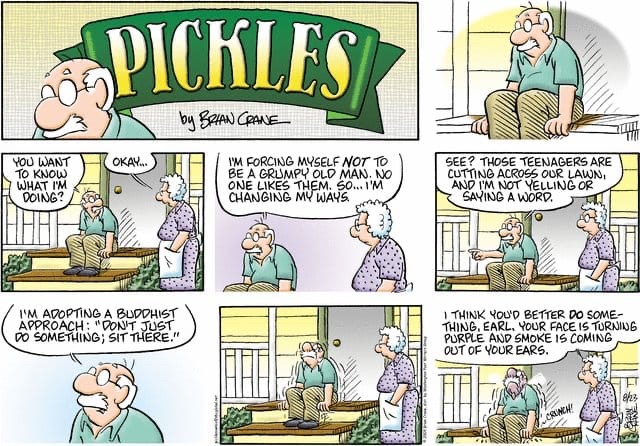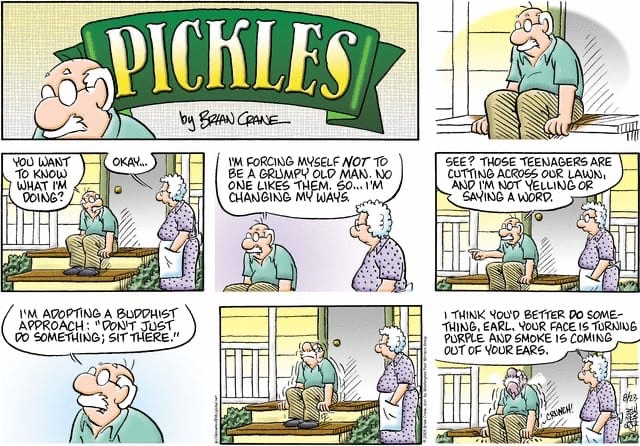Am I Lazy? Rest vs Guilt

Do lazy days make you feel rested or unproductive?
For years, I judged my days by my level of output. My husband would come home and ask me how my day was and there were many occasions I found myself saying “not very productive,” the words drenched with guilt and shame. A good day was when I was useful, when I proved my worth. A bad day was when I didn’t think I did enough, so I didn’t think I was good enough.
I don’t think that way at all anymore.
Lazy
Let me make it clear that lazy isn’t a word I use. Words are important and I don’t believe in lazy. People want to work, just as all animals do. Your dog isn’t depressed, he’s bored. Everyone wants to feel a sense of purpose, everyone has an inherent urge to make a contribution.
I believe in tired. I believe in depression. I believe in overwhelm, exhaustion, burnout, chaotic times, overstimulation, disorganized thinking. Those are times when the body is less willing to do a task. That’s okay.
We live in such a hyperconnected world. It’s filled with over communication and more information than we can manage to turn into knowledge if we don’t slow down.
Forced Rest
I had to learn to rest the hard way, when I began to suffer with my chronic illness, endometriosis. When I pushed hard, my chronic pain pushed back. I was on a teeter-totter of suffering until I learned to work with my body, not against it.
Listening
It helped that I learned to listen to my body, and breaking down some of my eating issues and eating more intuitively paved the way for that.
Intervals
When it comes to fitness, I’ve long known that the way to increase performance is through interval training: alternating between high intensity and rest. Your high intensity gets higher, myelination occurs in your brain and the task gets more efficient.
Why did it take me so long to make this connection? Shame, conditioning to suit the environment I grew up in, coping mechanisms. But those no longer suit my life now that I am a consenting adult.
Coping mechanism
Sometimes overburdening ourselves with tasks, volunteering for every event, and doing too much boils down to a socially acceptable way to distract ourselves. If we’re doing everything for other people, then we won’t have the opportunity to take inventory, decide what we want, and lead intentional lives.
Don’t just sit there
There are things happening in rest. Like how when you’re about to go to sleep or you’re driving down the freeway and you suddenly remember the name of that product that was on the tip of your tongue hours before. Like how the small fibers in your muscles are healing and building in the days between your last lifting set. When you sleep on it, and the decision becomes simple.
There are things at play when you’re not forcing them.

Trust
It helps that I learned to trust the process, that I think more about a higher power playing a role. I can’t control everything, but I can listen and know that my body has knowledge and intuition that cannot be fully understood by logic, by my conscious. I can listen to what I don’t understand, a reap the benefits.
So am I lazy?
Now that I’ve invited rest and allowed myself to luxuriate in days that require less human doing and more human being, I find that I’m far more productive and gaining traction with my goals far more quickly than when I struggled to jump off the hamster wheel.
I don’t feel guilt anymore about rest days because they’re part of the strategy.
What do you think?